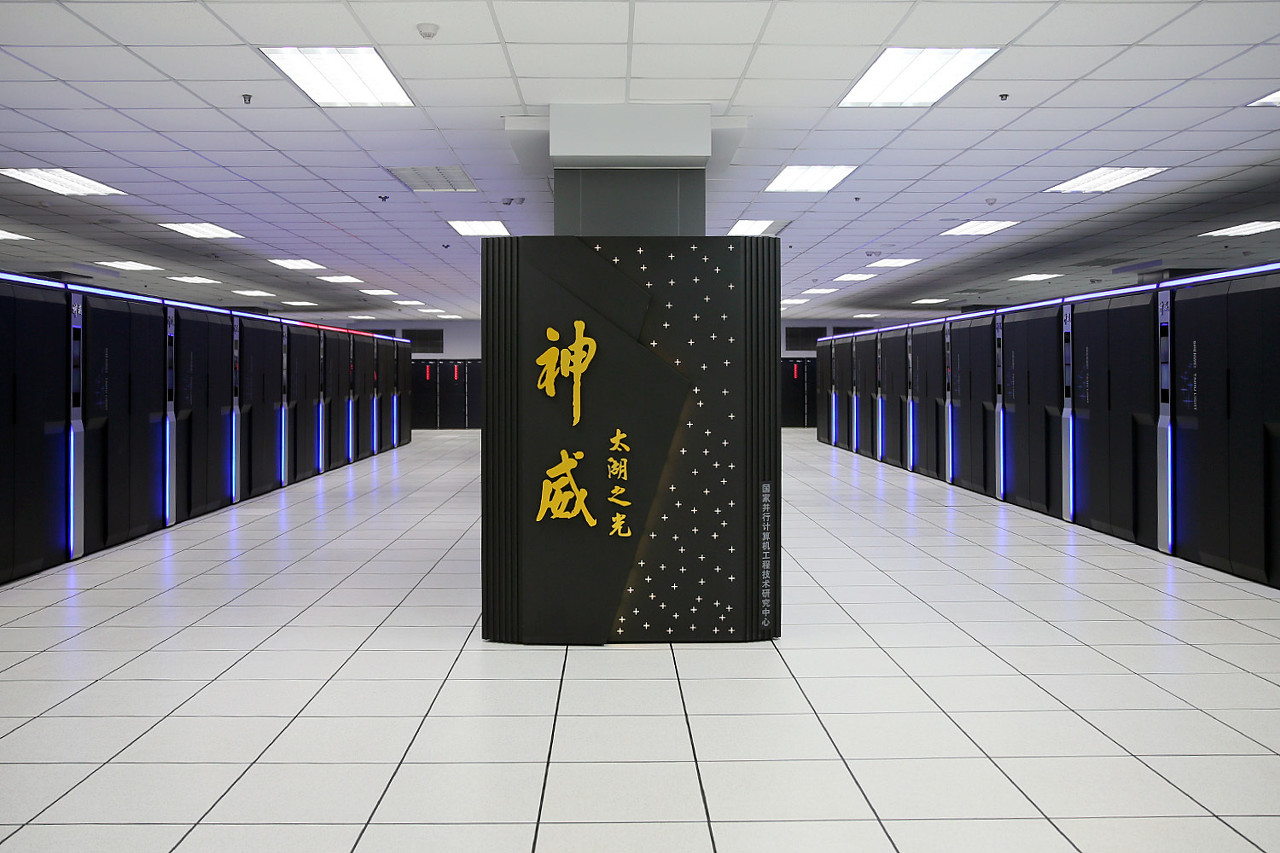The US retained its top position as the country with the fastest supercomputers in the world but China extended its dominance in overall system numbers, according to the latest ranking of the Top500 fastest supercomputers published Monday.
Summit and Sierra, two IBM-built supercomputers, maintained their top positions for the US, closely followed by China’s Sunway TaihuLight supercomputer and Tianhe-2A, said the semi-annual list, which saw the top 10 systems unchanged from the previous ranking published in June.
The number of Top500 systems installed in China reached 227, up from 219 six months ago. Meanwhile, the number of US-based systems remains near its all-time low at 118.
The rising number of Top500 installations in China has contributed to a shrinking gap in aggregate performances between US-made and China-made supercomputers. US systems, which are on average much more powerful, held a 37.8% share of the list’s aggregate performance while China was close behind with a 31.9% performance share. The June 2019 list had the US with a 38.4% aggregate performance share compared to China‘s 29.9%.
Supercomputers, which have become a symbol of technological might, are traditionally used for complicated, computer-intensive tasks like mapping the human genome, weather forecasting, and nuclear blast simulations. The machines have now been widely adopted in commercial research, from massive data-crunching and energy exploration to creating video games and artificial intelligence, the latter being a field in which China seeks to rival the US.
China is planning a multibillion-dollar investment to upgrade its supercomputer infrastructure to regain leadership after the US took top spot for the fastest supercomputer in 2018, ending China’s five-year dominance, the South China Morning Post reported in March, citing people familiar with the matter.
Amid the race towards global supercomputing supremacy, the Trump Administration added several Chinese companies, including Sugon and the Wuxi Jiangnan Institute of Computing Technology, to its so-called Entity List, preventing them from accessing core US technologies. Many Chinese experts said the US move will only accelerate the domestic industry’s efforts to become more self-reliant.
Japan remains in third place in number of Top500 systems, with 29, followed by France with 18, Germany with 16, the Netherlands with 15, Ireland with 14, and the United Kingdom with 11. All other countries were in the single digits.
